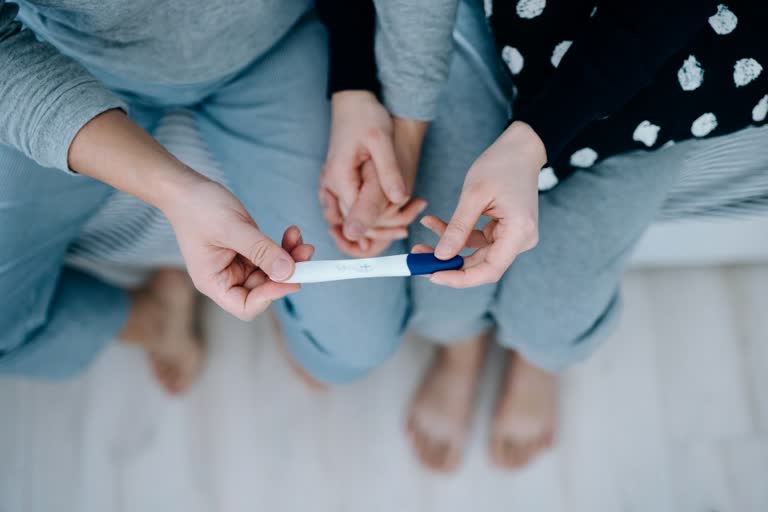A study by the Boston University School of Public Health (BUSPH), published in the American Journal of Epidemiology, of couples trying to conceive found no association between COVID-19 vaccination and fecundability -- the probability of conception per menstrual cycle -- in female or male partners who received the Pfizer-BioNTech, Moderna, or Johnson & Johnson vaccines.
In contrast, the findings indicate that COVID-19 infection among males may temporarily reduce fertility -- an outcome that could be avoidable through vaccination. "Many reproductive-aged individuals have cited concerns about fertility as a reason for remaining unvaccinated," says study lead author Dr. Amelia Wesselink, research assistant professor of epidemiology at BUSPH.
"Our study shows for the first time that COVID-19 vaccination in either partner is unrelated to fertility among couples trying to conceive through intercourse. Time-to-pregnancy was very similar regardless of vaccination status." Wesselink and colleagues analyzed survey data on COVID-19 vaccination and infection, and fecundability, among female and male participants in the BUSPH-based Pregnancy Study Online (PRESTO), an ongoing NIH-funded study that enrolls women trying to conceive and follows them from preconception through six months after delivery.
The researchers calculated the per menstrual cycle probability of conception using self-reported dates of participants' last menstrual period, typical menstrual cycle length, and pregnancy status. Fertility rates among female participants who received at least one dose of a vaccine were nearly identical to unvaccinated female participants.
